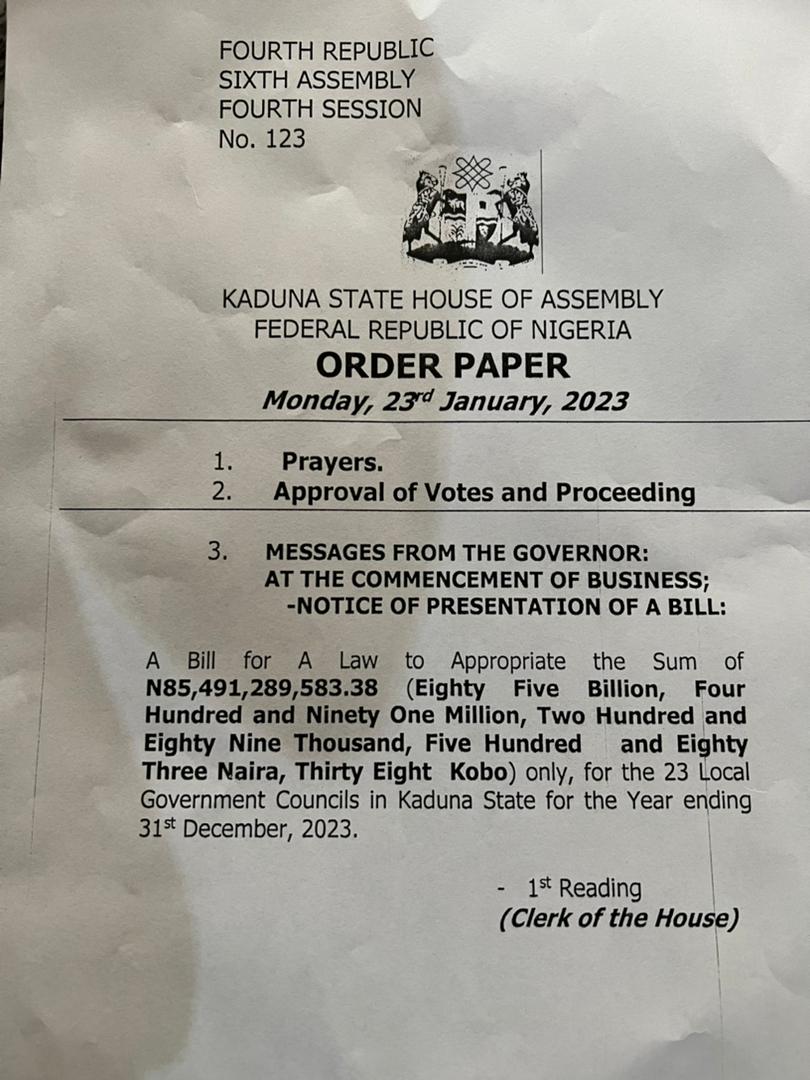PUNCH
Compared to nouns, many pronouns have few or no synonyms. This is particularly applicable to the personal pronouns he, she, it etc. In place of a noun like a boy, you can use guy, chap, son, young man etc. (from the same word class), depending on the context. And, instead of the adjective, beautiful, you can opt for pretty, amazing, wonderful, charming etc. But the likes of ‘he’ or ‘she’ can be so grammatically/semantically closed that it is difficult to get other pronouns to refer to them without largely reconstructing the original clause. This is part of the reason ‘they’ become an alternative for he or she when you want to avoid repetition or when you want to avoid gender bias:
Someone left their pen on my table.
Yet, the personal pronoun, ‘it’, is a bit flexible. It may not have many synonyms, but it can be used outside the non-human context it is usually associated with. Normally, it refers to things, collocating with non-human objects like tree, card, play and house:
- The tree used to stand here. It has fallen.
- I wanted to watch the play but I learnt it was not interesting


